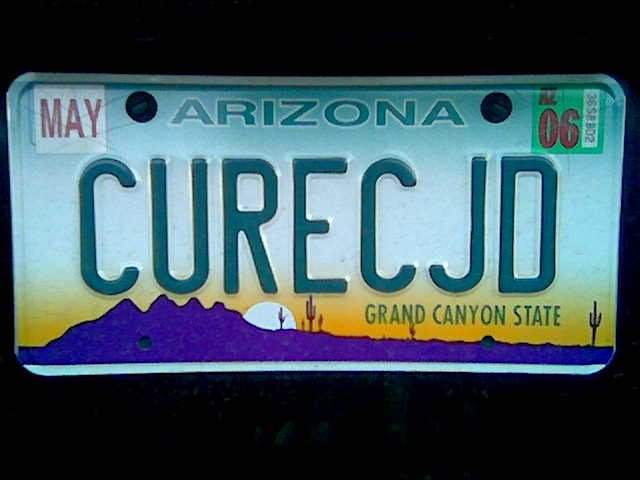Asian-American dreams
1. Preservation of cultural traditions vs. breaking traditions that no longer work like not valuing females.
One such tradition in regards to not valuing females is the obvious killing of female babies. You don't do that in America -- in fact, that is illegal here.
2. Family honor.
Above all else, you are to honor the family and that tradition holds up as Chinese families come to America. Only once you get to America, honoring the family comes down to fulfilling expectations as we say in Joy Luck Club. The daughers are expected to be the chess champion or to play the piano. The mothers in the film push their hopes and dreams onto their daughters because they lived harsh lives and China and couldn't come close to achieveing what their daughters could in America.
3. American-Feminine or American-pretty. No loud voices.
Maxine Hong Kingston in The Woman Warrior talks about how her mother would yell at home and in public. It's a very Chinese way of behaving that embarassed Kingston in America. She longed to speak in a soft, "American" voice. She also had similar dreams to Claudia, Frieda, and Pecola in Toni Morrison's The Bluest Eye. Where Pecola wanted to have the bluest eyes so everyone would love her, Kingston just wanted to acheive the American standard of femininity, although she doesn't entirely elude to what that would be.
4. Being a warrior.
Kingstong's book shows a world where the woman can be a warrior. She envisions a world where a woman can lead an army and avenge her family and/or community. In America, a woman could freely be a warrior and lead an army without having to dress as a man. Or could she? How many woman lead men in the U.S. army in Iraq or Afghanistan during the wars there?
But more than that, Kingston has a vision of a strong woman. She is brave, she is free, and she is not a servant. Her family needs her and admires her. She isn't looked down upon. All of this I got from reading the second chapter, White Tigers.
5. Coming to America meant sexual freedom and a lack of pre-arragned marriages.
In China, a woman who commits adultery is shunned by her family and society. Kingston's aunt is even beaten and her house is robbed because she committed adultery. In America, there is no such social shunning after one commits adultery. There is also no pre-arranged marriage as a part of American culture in the U.S. You are free to marry for love here.
6. I also noticed a lot of Chinese beliefs revolve around superstition. Perhaps the dream would be to come to America and have every decision be based on science rather than tradition or misplaced cultural belief.
I am thinking of Kingston's mother the physician in The Woman Warrior. She won't treat the dead our treat anybody on New Year's Day out of superstition. In the film Joy Luck Club, a daughter sacrifices herself in a soup to be fed to her dying mother. There is absolutely no science to back up either of these traditions. But if you come to America, you don't have to uphold these traditional practices anymore.
This is a Great Slam Poem by Alvin Lau Called "Asia-America, Where Have You Gone?"
I think this video is great for the class about the struggle for cultural identity in the American dream. The types of ideas presented remind me of other cultures we studied as well because getting "Americanized" takes a little piece of your culture. It sacrifices it to some extent as Lau speaks about frat boys getting tattoos of Asian characters and "MSG impostors."



